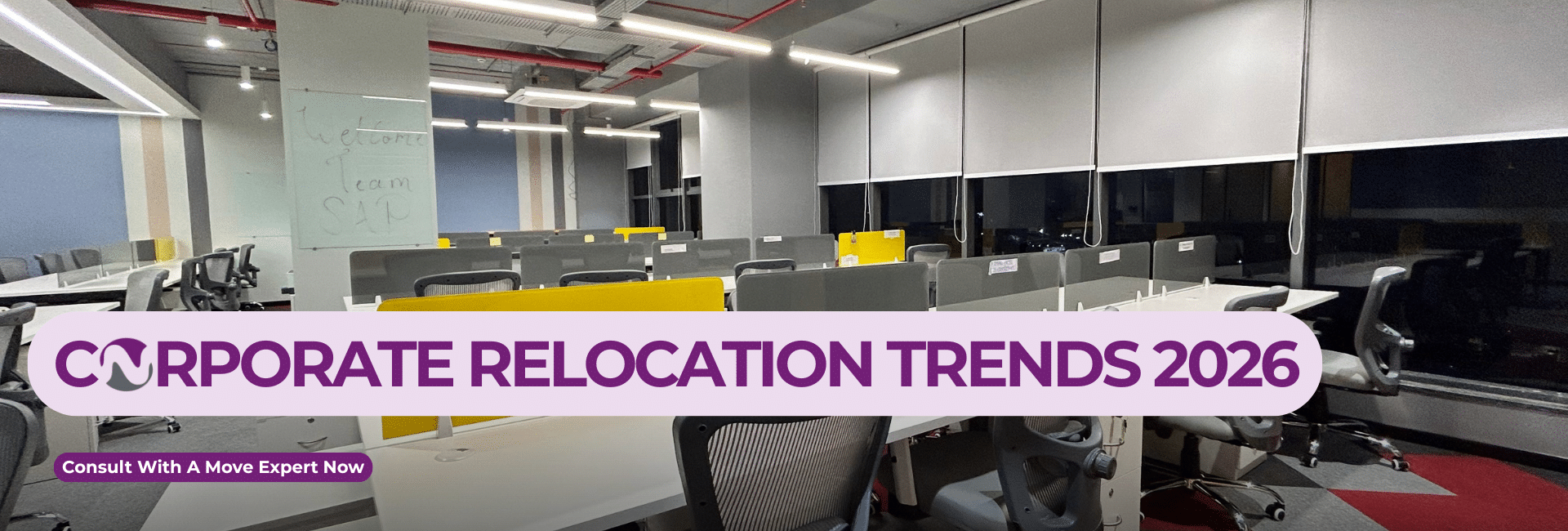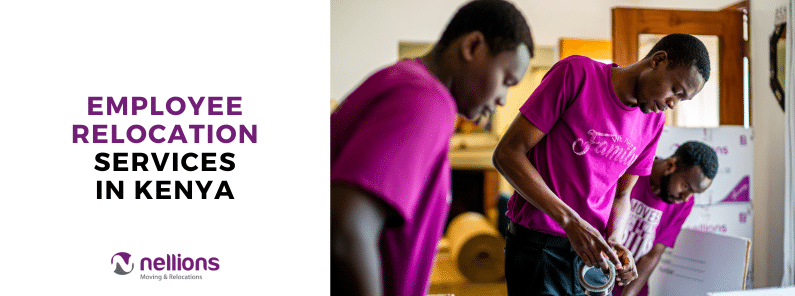As Kenya strides into 2024, the dynamic employment landscape is reshaping various sectors, notably the moving industry.
This article delves into how employment trends are influencing moving services in Kenya, offering critical insights for both consumers and service providers.
From the impact of technological advancements and legislative changes to the aftermath of the COVID-19 pandemic, we explore the multifaceted ways in which the job market’s evolution is affecting the demand and nature of moving services.
New opportunities are emerging, and with them, new challenges and demands for various services, including the moving industry.
The Evolving Employment Landscape in Kenya in 2024

Understanding the impact of these employment trends on the moving industry is crucial for both service providers and consumers.
For consumers, being aware of how employment trends affect moving services can aid in making informed decisions, whether it’s choosing the right service provider or understanding the costs involved in moving employees.
For moving companies, staying abreast of these trends can offer valuable insights into consumer behavior, helping to tailor services to meet emerging needs.
In this ever-changing environment, knowledge is power, and this article aims to shed light on how the current employment trends are shaping the moving services landscape in Kenya in 2024.
Risk Perception in the Kenya Moving Industry

In the moving industry in Kenya, there’s a perception that engaging full-service moving companies is a risky endeavor.
This sentiment is fueled by various factors such as the potential for damage to goods, the complexity of logistics, and the challenges of navigating through busy urban areas like Nairobi.
The problem is further compounded by the fact that most movers in Nairobi are not even registered companies, with some having no physical office premises. Unfortunately, too many Kenyans have been cheated by rogue movers, giving the industry a perception of unprofessionalism, deceit, and riskiness.
Employment Landscape’s Influence on the Kenyan Relocation Industry
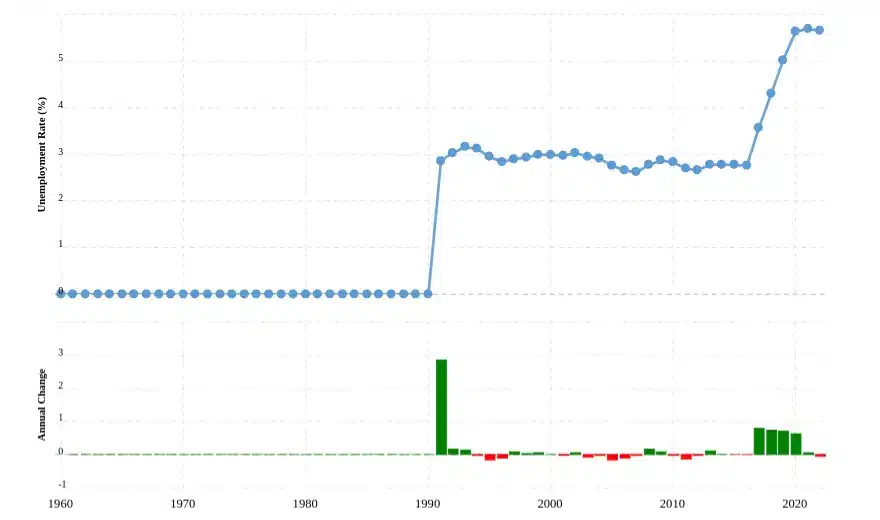
The job market in Kenya has noticed some new trends emerging as we move into 2024. This could lead to increased demand for moving services as people relocate for job opportunities.
As companies expand and contract, the demand for moving services fluctuates, making the employee relocation segment a volatile market.
In addition, this has created demand for customized, employee-centric moving solutions for companies who tend to move their staff a lot.
The Impact of COVID-19

The COVID-19 pandemic had a profound impact on the nature of employment in Kenya. Remote work has since become more prevalent, causing some to downsize their homes and opt for smaller spaces, closer to nature, and away from crowded cities.
Read more: 5 Trends in the Kenyan Moving Industry brought by COVID-19
Employment Changes and Moving Trends
The pandemic led to job losses but also to new types of employment opportunities, particularly in healthcare, and technology sectors.
These changes in the job market have created a unique set of needs and challenges for the moving industry. For instance, there is an increased demand for moving services that can handle the complexities of relocating medical equipment or moving servers and data centers.
Employment Rate and Its Implications
Forecasted Employment Rate in Kenya
According to Statista, the employment rate in Kenya is forecasted to be 64.55% in 2024. This is a significant indicator of the country’s economic health and has direct implications for various industries, including the moving sector.
A higher employment rate generally means more disposable income and increased consumer spending, which can positively impact the demand for services like moving.
Implications for the Moving Industry
A robust employment rate can lead to various scenarios that benefit the moving industry. For instance, higher employment rates often increased social mobility, resulting in demand for moving services as an individual’s social status changes.
The current expansion of urban centers in Kenya increases the demand for both residential and corporate moving services.
Additionally, a healthy job market can lead to more companies setting up or expanding their operations, necessitating employee relocations and thereby increasing the demand for specialized moving services.
Global and Regional labour Market Trends
Global labour Market Projections
The International Labour Organization (ILO) provides valuable insights into global labour market trends. According to their report, the global patterns and regional differences in the labour market could have a significant impact on countries like Kenya.
The report discusses the importance of sustainable employment and the challenges posed by demographic changes and technological advancements.
Impact on the Moving Industry in Kenya
Global labour market trends, such as the rise of remote work and the gig economy, are also affecting the moving industry in Kenya.
The increasing prevalence of short-term contracts and freelance work means that people are more likely to move frequently, albeit with fewer belongings. This trend could lead to an increase in demand for smaller, more frequent moving services, as opposed to large-scale relocations.
On the flip side, the rise in remote work could also lead to a surge in long-distance moves as people take advantage of the freedom to work from anywhere.
New Trends in the Moving Industry
Emerging Trends to Watch
As we navigate through 2024, several new trends are shaping the moving industry in Kenya.
These include the rise of eco-friendly moving options, the increasing use of technology for streamlined services, and the growing popularity of “move management” services that offer end-to-end solutions for both individuals and corporations.
Adapting to New Trends
For moving companies, staying ahead of these trends is crucial for remaining competitive.
Offering eco-friendly options can attract a new customer base concerned about sustainability. Similarly, incorporating technology can enhance the user experience, leading to higher customer retention rates.
Digital Transformation in the Moving Industry
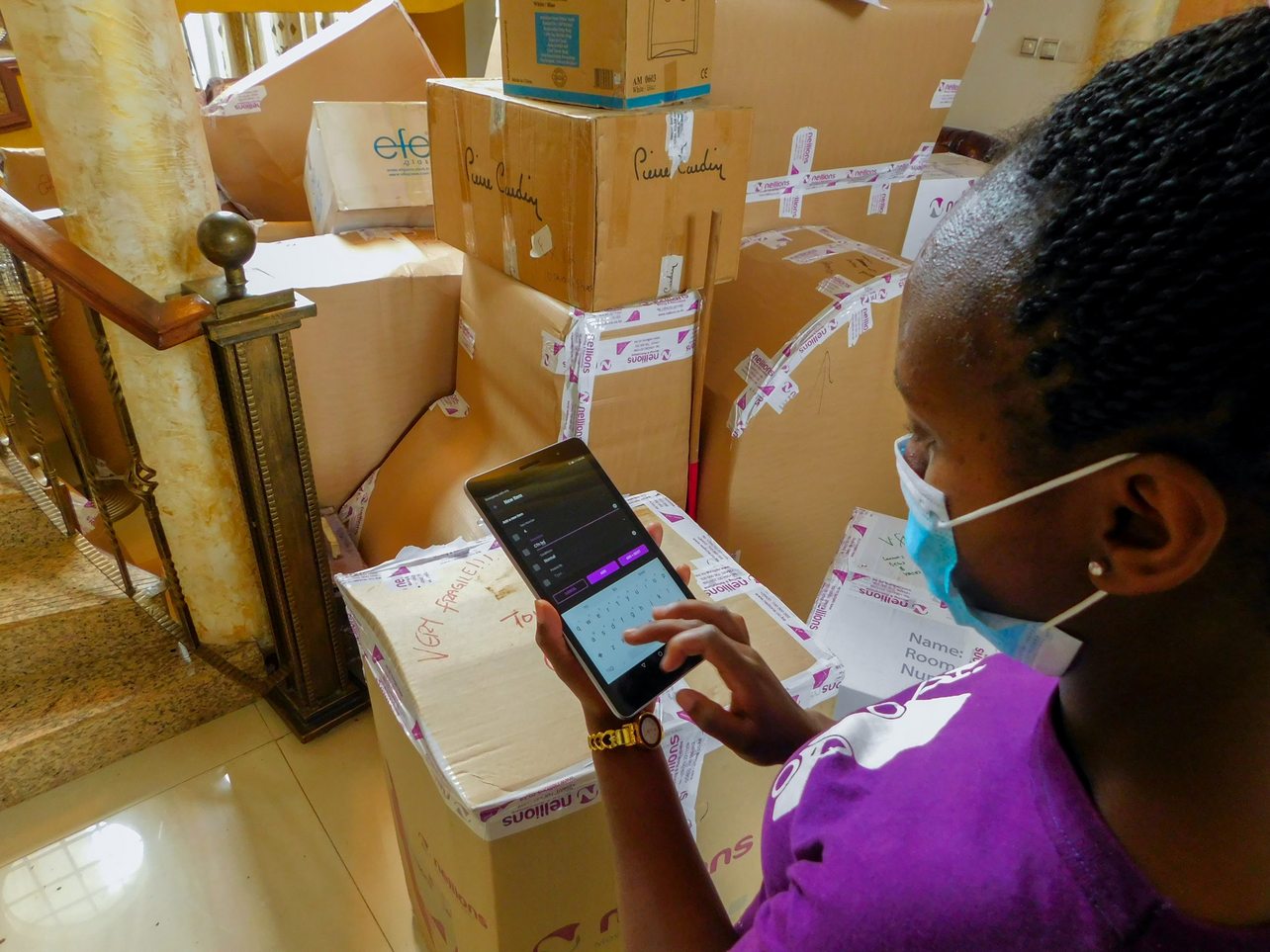
The adoption of technology is becoming increasingly important in the moving industry. From apps that allow real-time tracking of moving trucks to automated customer service solutions, technology is helping companies streamline operations and improve customer experience.
Strong Economic Growth in Nairobi

Nairobi’s robust economic growth, as detailed in the Brookings Institution’s report presents a promising landscape for the moving services industry. This growth is characterized by increased urbanization, improved infrastructure, and a burgeoning middle class, all of which contribute to a dynamic real estate market.
Firstly, Nairobi’s rapid urbanization, marked by a significant influx of people into the city, naturally leads to increased demand for residential housing. This urban migration, coupled with a growing middle class, fuels the need for moving services as people relocate within the city for better housing, employment opportunities, and lifestyle upgrades.
Secondly, the report highlights improvements in Nairobi’s infrastructure, including transport and road networks. Enhanced accessibility within the city reduces logistical challenges associated with moving, making it more efficient and potentially more affordable. This improvement in infrastructure not only facilitates easier movement but also encourages residential and corporate relocations.
Furthermore, Nairobi’s economic growth has led to a rise in corporate and business activities. Companies expanding or relocating within the city will require professional moving services for office equipment and furniture, thereby increasing the demand for corporate relocation services.
Government’s Vision 2030
Aligning with National Goals
The Kenyan government’s Vision 2030 development strategy aims for sustainable economic growth and improved quality of life for its citizens.
This vision includes infrastructure development and increased employment opportunities, both of which have implications for the moving industry.
Opportunities for the Moving Industry
Infrastructure improvements, such as better roads and transportation networks, can make moving services more efficient and cost-effective. Additionally, the focus on creating new job opportunities aligns with increased demand for moving services, as people relocate for work.
Sustainable Development Goals (SDGs) and the Moving Industry
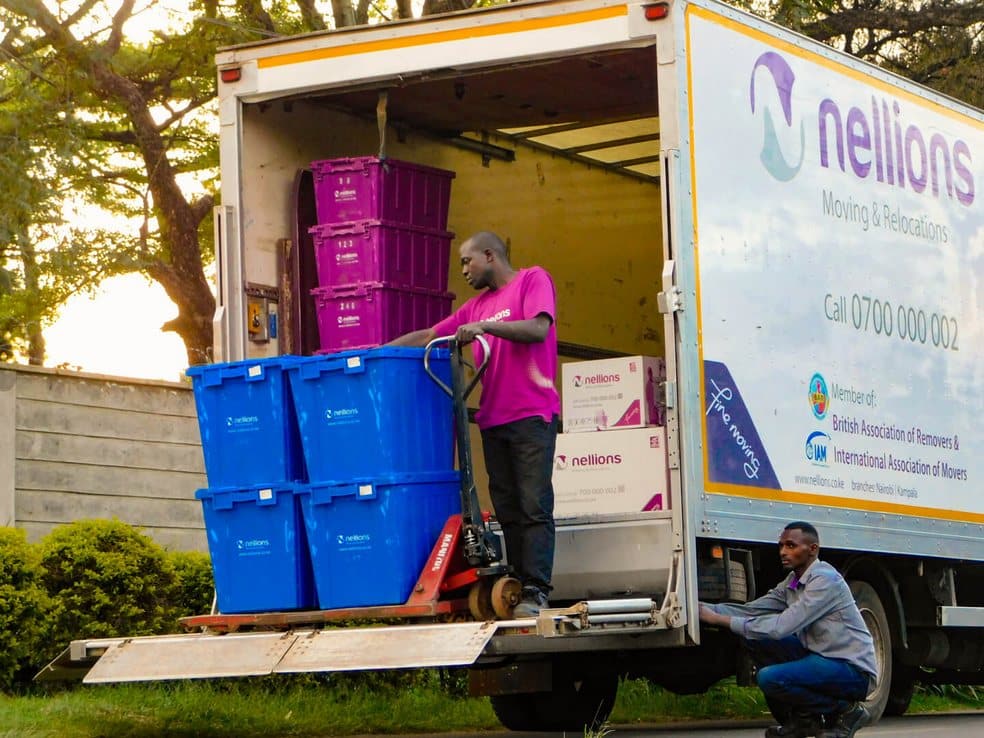
The United Nations’ Sustainable Development Goals (SDGs) are a universal call to action to end poverty, protect the planet, and ensure prosperity for all.
These goals have been adopted by many countries, including Kenya, and have implications for various industries, including the moving sector.
Sustainable Moving Practices
One of the key SDGs that directly relate to the moving industry is Goal 12: Responsible Consumption and Production. Moving companies can contribute to this goal by adopting sustainable practices such as using eco-friendly packing materials, adopting the use of electric trucks, optimizing routes for fuel efficiency, and offering recycling services for unwanted items during a move.
The Future Outlook
As we look beyond 2024, it’s clear that the moving industry in Kenya will continue to be influenced by various factors, from employment trends and economic growth to technological advancements and global sustainability goals.
For moving companies to succeed in this evolving landscape, a holistic approach is essential. This means not only adapting to market demands but also aligning business practices with broader social and environmental goals. Companies that manage to do this effectively will not only thrive but also contribute to the larger vision of sustainable and responsible growth as well as a Kenya that we’re all glad to live in.








